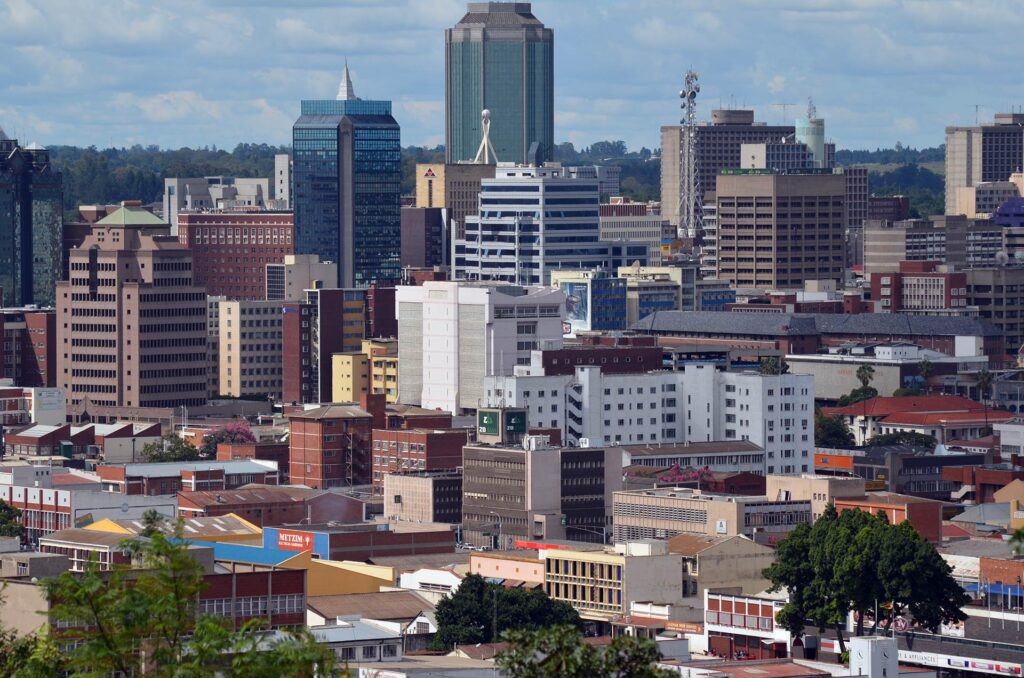IMF Praises Zimbabwe’s Economic Reforms as Growth Rebounds and Stability Improves
The Executive Board of the International Monetary Fund (IMF) has concluded its 2025 Article IV Consultation with Zimbabwe, noting that the country is experiencing a measure of macroeconomic stability following recent monetary and fiscal tightening.
According to the IMF, Zimbabwe’s economy, which slowed sharply to 1.7 percent growth in 2024 due to drought and declining metal prices, is expected to rebound by 6 percent in 2025, supported by improved agricultural output, record-high gold prices, and sustained inflows from workers’ remittances.
The IMF highlighted that monetary policy measures, including the halt in monetary financing, an increase in reserve requirements, and a higher policy rate, have helped stabilise the ZiG currency and significantly lower inflation. Monthly inflation fell to 0.3 percent in June 2025, while exchange rate volatility eased.
However, fiscal financing pressures have intensified. Despite stronger revenue collection achieved through tax reforms, higher fees, and anti-smuggling measures, spending needs have grown, particularly on public sector wages, capital projects, and debt servicing. This led to an accumulation of nearly US$600 million in domestic arrears in 2024.
The IMF Executive Directors welcomed Zimbabwe’s progress in restoring stability but warned that challenges remain, including domestic arrears, limited access to external financing, low reserves, and governance vulnerabilities. They urged authorities to tighten fiscal discipline, reduce public spending, and strengthen financial management, while protecting social and public investment programmes.
Directors also encouraged further efforts to enhance foreign exchange and monetary policy frameworks, reduce the Reserve Bank of Zimbabwe’s market interventions, and promote greater confidence in the ZiG.
The IMF acknowledged ongoing progress under Zimbabwe’s Structured Dialogue Platform (SDP), a framework for discussions with creditors on economic reforms, governance improvements, and land compensation, as key to achieving debt resolution and reengagement with international partners.
The next IMF Article IV consultation with Zimbabwe is expected to be held on a 12-month cycle.



